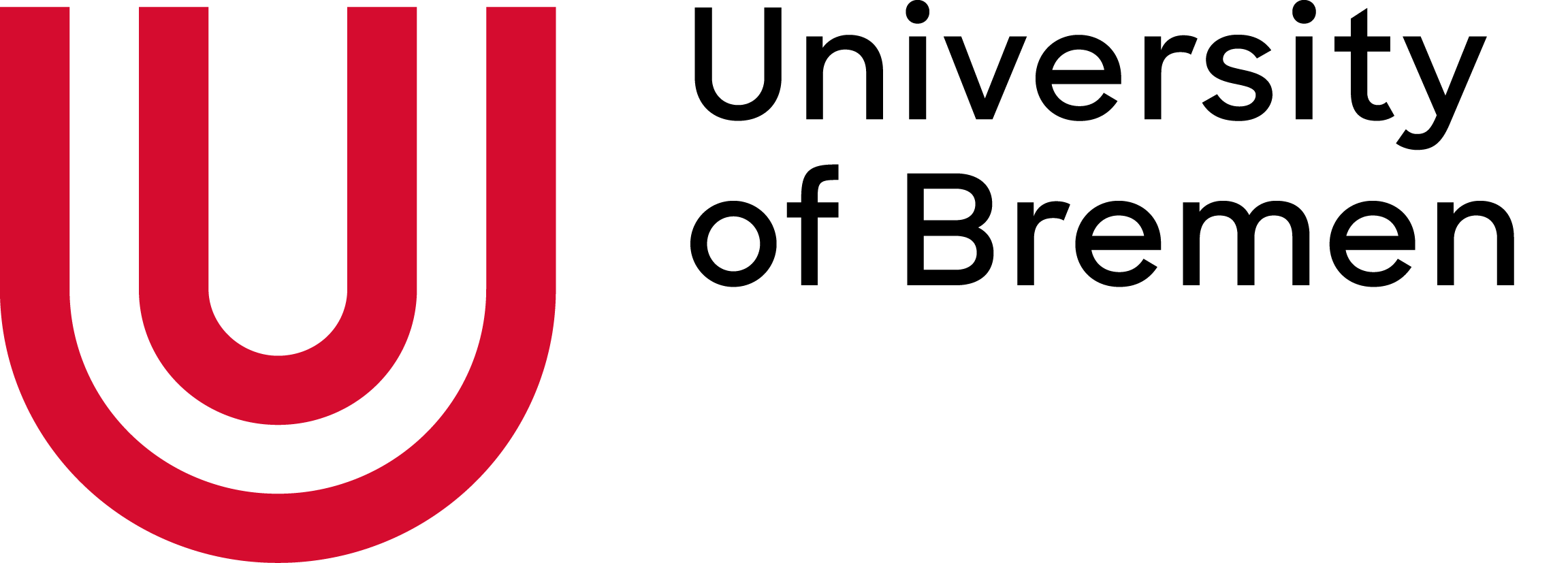SFB 1128 geo-Q
The SFB 1128 "Relativistic Geodesy and Gravimetry with Quantum Sensors" is funded by the Deutsche Forschungsgemeinschaft (DFG).
The first funding period of the SFB will extend from Oct 1, 2014 to June 30, 2018. In this period, geo-Q consists of 21 projects at 5 participating institutes that are led by 22 principal investigators. geo-Q is located at Leibniz Universität Hannover and collaborates with ZARM (University of Bremen) and PTB Braunschweig.
The aim of geo-Q is to explore new frontiers of the determination of the Earth’s gravitational field and of monitoring the global and regional mass redistribution. geo-Q will advance on one hand the quantum metrology, and on the other the geodetic modeling to achieve the major step in accuracy that will enable scientific users to detect and reliably interpret processes of global and regional change.
The SFB geo-Q will focus on three new measurement techniques. Within this SFB the researchers aim for three main goals:
1) Tracking the motion of test masses in the gravitational field with nanometer accuracy and beyond.
2) Development of atomic gravity sensors that are capable of (quasi) continuous absolute gravity measurements on ground with μGal accuracy and better.
3) Establishment of the quantum metrology of long-distance frequency comparisons to observe the gravitational frequency redshift with optical atomic clocks and ,at a later stage, study the extension of the concept to include optical satellite links.
More information can be found here: www.geoq.uni-hannover.de
Within this SFB two projects connected to satellite orbit and environment simulation are included:
1) Project B04 - Data analysis challenges for the GRACE Follow-On community
www.geoq.uni-hannover.de/b04.html
2) Project B05 - High performance satellite formation flight simulator
www.geoq.uni-hannover.de/b05.html


 "
"